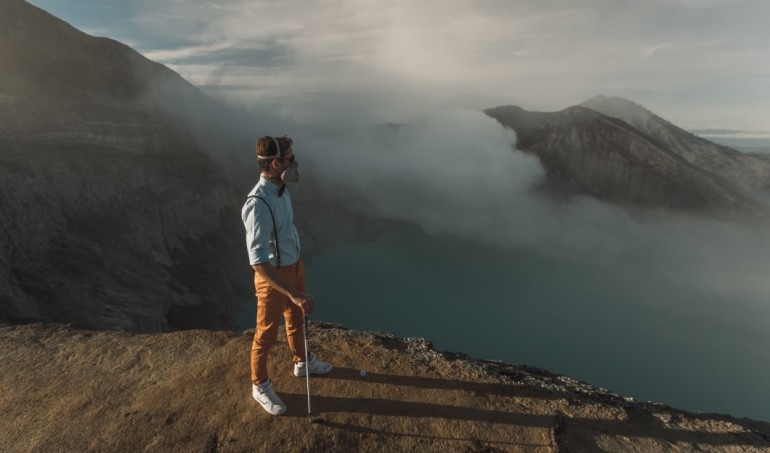Sponsored Listings:
The coronavirus will probably make travel more expensive and thus also more climate-friendly. Cheap flights at cut-rate prices will soon be the thing of the past. The future of tourism encompasses substantial changes.
A recent study by the University of South Florida revealed that 63.8% of travelers will reduce their travel plans in the next 12 months. More than half canceled their business travel immediately due to the coronavirus. The tourism industry will shrink by 50% in 2020, which would mean a significant loss of jobs and revenue.
As a result, it may be expected that the flight tickets will cost more, hotels will raise prices – traveling will probably become more expensive when the travel restrictions are lifted.
This is not because politicians and companies are finally daring to demand surcharges for more climate-friendly and socially acceptable business practices. Not because conclusions are finally being drawn from the climate debate of the past months. But because the risk of infection with the coronavirus is reducing the available space: keeping a distance between people is expensive.
Thus traveling becomes a luxury again: empty rows of seats to prevent infection in airplanes and trains mean unsold tickets – and initially, a loss that has to be made up with more expensive seats. If a possibly ordered “decongestion” were to be implemented, the International Air Transport Association (IATA) assumes that passenger numbers could fall by a third, and ticket prices could rise by half. But ultimately this would be determined by supply and demand, says IATA boss Alexandre de Juniac.
Traveling Will Have More Value
Sad as it is, luxury can be more sustainable, at least environmentally friendly – and now even more pandemic-compatible. It is not for nothing that many countries already rely on trips for the wealthy. New Zealand, for example, Bhutan for a long time, or Botswana and Tanzania. Backpackers are less and less desired while offers for luxury trips are welcomed. The more money stays in the country and with the locals, the more environmentally friendly can be the facilities.
Traveling will, therefore, have more value again. At least as long as the coronavirus can spread. Whether it is a city trip or a farm holiday, we have to weigh up, maybe instead of three trips, only one will be possible.
People without money for even a single trip will be left behind in the future. For those who enjoy their holidays on the beaches of Mallorca or Ibiza, and in resorts in Turkey or Bulgaria: these trips will also become more expensive in the future, and for many – especially if they have perhaps been on short-time work or even lost their jobs – will even become unaffordable. Holidays could also be organized cheaply and easily with little money, but hiking and cycling, youth hostels or camping were not options for many until now.

Vacations Will Cost More
So now more money for the same services. The flight within Europe will no longer be available for 20 €. Perhaps also the apartment hotel for vacations in Antalya will not be available for 199 € per week anymore. Even a cruise – should there still be some – will cost more than a few hundred euros.
On one hand, prices will rise as capacities are reduced: due to possible distance regulations for hotels and means of transport, and also due to a possible crisis-related slower growth of companies, as the airline association IATA fears. On the other hand, the losses this year will probably be too high for predatory pricing to be used in the future to attract customers.
Until now, price increases that would be necessary for more environmentally friendly fuel, fairer wages or sustainable food were considered unthinkable by most shipping companies and tour operators. “Not communicable to the customer” was the reason given time and again. At the same time, holidays became comparatively cheaper and cheaper, making over-tourism a problem.
Now it is the Sars-CoV-2 virus that makes traveling (again) more expensive and valuable. And it could once again open up the gap between those who can still afford to travel and those who do not have enough income to do so. But perhaps the virus could also do what politics has not been able to do up to now: more climate protection through fewer flights – not only in the few weeks of the global lockdown, but also in the mid and even in longer-term.
Source: tourism-review.com










